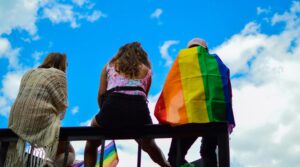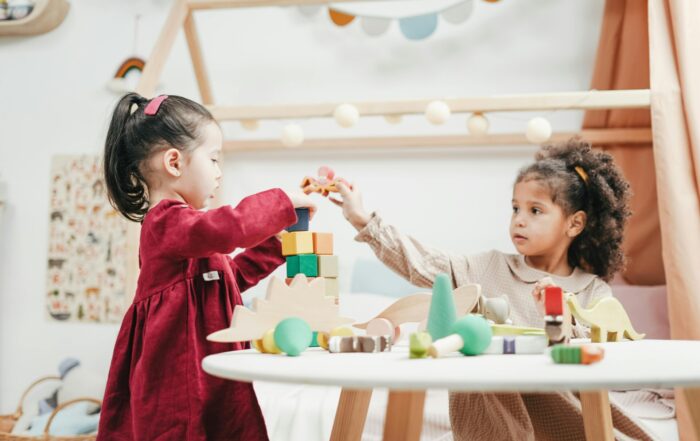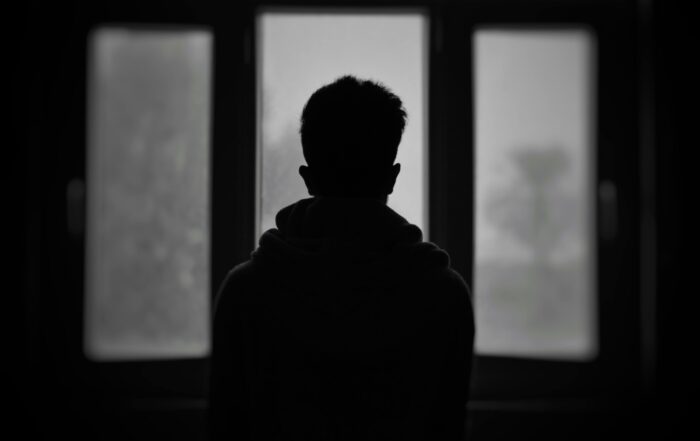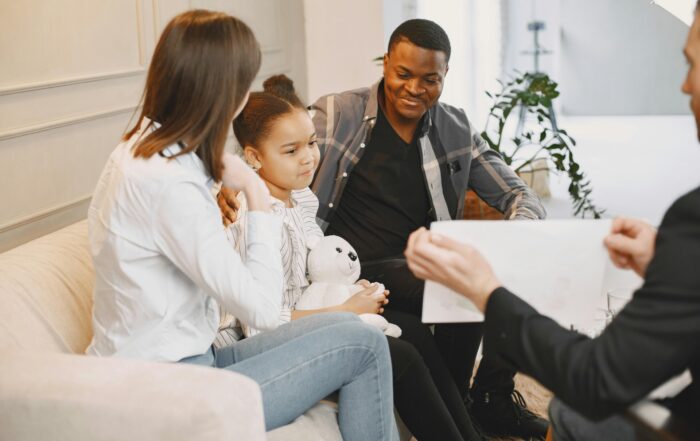By American Psychiatric Association
Violence against the LGBTQ community has increased over recent years. In 2016, the Pulse nightclub shooting in Orlando shocked the nation—with a single gunman killing 49 people and wounding 53 others at the gay nightclub. The Pulse attack remains the most extreme assault on the gay community, but it was far from being an isolated case. When the National Coalition of Anti-Violence Programs (NCAVP) released its 2016 annual report, the data showed that it was the deadliest year on record for the LGBTQ community since NCAVP began record-keeping on anti-LGBTQ hate crimes in 1996. However, 2017 proved even worse, with anti-LGBTQ hate crimes rising 86% from 2016. LGBTQ people of color—particularly transgender people—are disproportionately affected by these hate-crimes. According to the Human Rights Campaign (HRC), at least 15 transgender women, all of whom were black, were killed in 2019.
Share This Post!
The Link Between ADHD and Trauma
By Medical News Today Attention deficit hyperactivity disorder (ADHD) is a common neurodevelopmental disorder that often begins in childhood. Studies have found that trauma occurring in childhood may exacerbate or predict [...]
5 Reasons Why We Blame Ourselves After Trauma
By Kaytee Gillis, LCSW-BACS As a therapist who works with survivors of childhood trauma, I find that self-blame is a common part of their experience. As a survivor myself, I experience [...]
Child-Parent Psychotherapy Resources
By University of California, San Francisco Child-Parent Psychotherapy (CPP) is an intervention model for children aged 0-5 who have experienced at least one traumatic event (e.g. maltreatment, the sudden or traumatic [...]
Caring for Caregivers Experiencing Secondary Trauma
By Heather C. Forkey, MD, Elaine Schulte, MD, MPH, and Luanne Thorndyke, MD Secondary traumatic stress (STS) is the emotional duress caused by indirect exposure to distressing events experienced by others. [...]
How to Talk About Mental Health
By SAMHSA Mental health is essential to a person’s life in the same way as physical health. Hesitation to talk about mental health adds to the notion that the topic is [...]
Prioritizing Minority Mental Health
By CDC Office of Health Equity Mental health matters! Mental health includes our emotional, psychological, and social well-being. It affects how we think, feel, act, handle stress, relate to others, and make [...]








